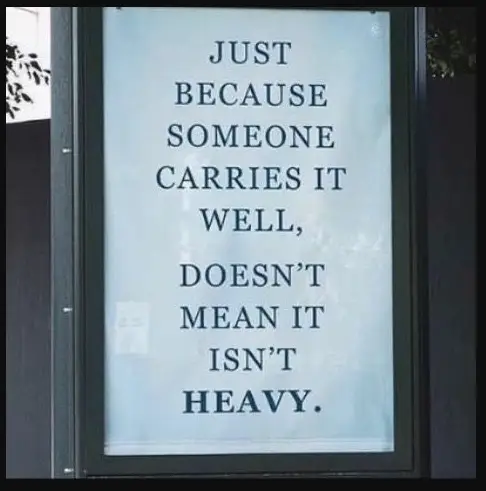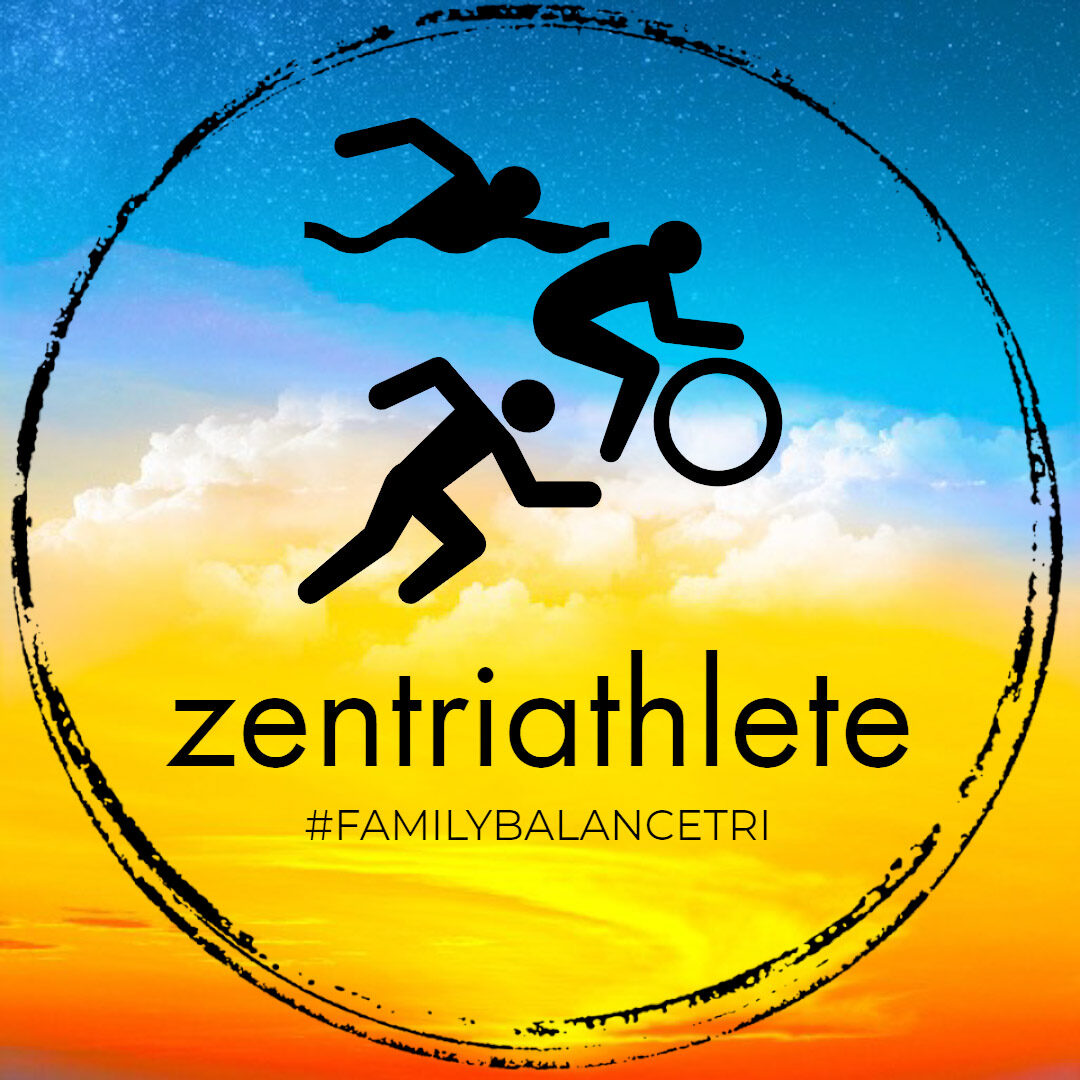
Talk Topic: “Make your Homes True Sanctuary of Faith”
President Nelson
Thought 1
So when I was asked to speak this Sunday, my mind first went to my experiences while serving as a missionary for the Church of Jesus Christ of Latter-day Saints. I served in the Paris, France mission from March (94 – 96). While there, I served in the French cities of Rennes, Sarcelles, Mantes la Jolie. I also was in Strasbourg working professionally and lastly at Yeshiva University, at the time we first moved to our home in the Thrushwood/Sumac neighborhood in Cache Valley.
Example of The Jewish mezuzah
Purpose or doctrine:
“And thou shall write them upon the doorposts of thy house and on thy gates.” That is the commandment found in the Book of Deuteronomy, verse 6, line 9. That is the reason for the mezuzah, the item affixed – at an angle – to the doorpost of a Jewish home.
The Hebrew word mezuzah actually means doorpost, but over time it has evolved to mean the doorpost and what is affixed to it. Very little about this important object has been left to chance – including how it is hung.
One might ask, just what is it that makes a mezuzah so important, and why is it hung on the doorpost, and if it is so important, why isn’t it hung straight?
What makes it important is the concept that the doorpost is the dividing line between the swirl of the outside world and the sanctity and safe haven of the home.
Execution or expression of interpretation and culture and perhaps even orthodoxical dogma:
Contained in the mezuzah is a tightly rolled piece of parchment made from the skin of a ritually clean animal on which are handwritten, traditionally in twenty-two lines, words from Deuteronomy, the fifth of the Five Books of Moses. Specifically, they are Chapter 6, verses 4 through 9 and Chapter 11, verses 13 through 21, and begin, “Hear, O Israel, the Lord our God, the Lord is One.” The parchment, or klaf, is rolled from end to beginning, so that the first word, shema, is on top.
On the back of the parchment is the Hebrew word shaddai, one of the mystical names for the Almighty. Shaddai is also an acronym in Hebrew for Shomer Daltot Yisrael, Guardian of the Gates of Israel.
The mezuzah case should have an opening through which the word shaddai is visible. If the casing is made of a material that does not allow for a window, such as stone, then some feel the word shaddai, or the Hebrew letter shin must appear on the face of the mezuzah. The parchment must be checked twice every seven years.
Thought 2
What is a Sanctuary? Physical or Spiritual? For Saints and/or Sinners?
- A place that is safe, and full of love.
- Home is a physical sanctuary from the physical elements. A spiritual sanctuary from the adults of the world so long as we maintain the spirit here. But just like locks only work when they are engaged, the spiritual protection only works when the spirit is invited there to keep the “world” at bay.
I polled a few friends and above is what I summarized of their thoughts.
Thought 3
Stockdale Paradox
John Stockdale was the most senior naval officer held captive as a Prisoner of War in Hanoi, North Vietnam. He was a POW at same time as John McCain. He’d later run as a candidate for vice president of USA (on Ross Perot’s ticket). This thought came from the time he was a POW with John McCain.
“You must retain faith that you will prevail in the end, regardless of the difficulties. And, at the same time… You must confront the most brutal facts of your current reality, whatever they might be.”
— John Stockdale
Lehi, a notable Book of Mormon prophet explained this in terms of opposition of all things as he counseled his family in his final days in 2 Nephi 2.
Verse 27
“Wherefore, men are free according to the flesh; and all things are given them which are expedient unto man. And they are free to choose liberty and eternal life, through the great Mediator of all men, or to choose captivity and death, according to the captivity and power of the devil; for he seeketh that all men might be miserable like unto himself.”
Lehi went on to explain that his purpose of sharing the great sermons of 2nd Nephi 2 had none other object than to save the welfare of his family’s souls.
What about our day? Let’s be brave and exercise some courage and cite some examples from Covid:
It is my perspective that we will never be post covid – Because so many things that the covid pandemic brought into the public and private view, were of course, if I am being honest with myself, were ALWAYS there! And they will always be there throughout the remainder of my lifetime. Life has always required making choices. Life has always placed certain restrictions on people. Life has always included people that face the problem and people who run from it. People that prioritize their own well being and people that lookout for the common good. Life, or the world, has always been in the practice of shattering a cherished way of life. There is no certainty in life except for change.
Above were some thoughts from a podcast guest to the daily stoic, they reflect my direct thoughts, too, but I wanted to reference where the source came from so not to plagiarize. There really isn’t original thought anymore.
President Nelson counseled the members of the church and the world that covid was just one of many ills we must face such as hate, civil unrest, racism, violence, dishonesty, and lack of civility. He recently also stated – “Fasten your seat belt, hang on through the bumps and do what’s right”. For the children here at sacrament meeting today, this is like when Anna asks Elsa in song, “What do I do now? You must go on and do the next right thing.”
Thought 4
So what is a home that is a “True Sanctuary of Faith”?
It is my observation that a home striving to be a “True Sanctuary of Faith” looks like the following:
- It provides a safe environment to leave the swirls of the world behind.
- It enables love to be felt and practiced.
- It fosters an environment for safe practice, and it influences learning.
- It allows for faith (whatever the family member chooses it to be) to become actions through choices.
- It permits empathy to be practiced which often births courage in the interactions of the world away from this safe place.
Some things I have learned as Liz and our little family – you may know it as the Livingston show, or Circus Livingston, as we try to establish our home as our sanctuary of faith.
I have learned a phrase in the last few years and I use it and lean into it to gauge many things I observe or choose to interact with through my life.
“Unrealistic expectations are just future resentments.” (often heard from Robbie Bruce, but sourced from his life experiences too).
We have also learned and trust in a brilliant guide offered to us by Joseph Smith via the Articles of Faith.
“We believe all that God has revealed, all that He does now reveal, and we believe that He will yet reveal many great and important things pertaining to the Kingdom of God.”
Please note that he referred to the Kingdom of God here not Heaven. I am a firm believer that Our Heavenly Father created the Gospel which enables us via agency to choose for ourselves. There are few times in scripture where He chose to disrupt or guide with fervor any of his children. So, I am grateful he lends the 3rd member of the godhead to provide comfort and confirm truth. So that I can navigate the endure to the end part of the now referred to “covenant path”.
Doctrine and Covenants 90: 14 – 18
And from time to time, as shall be manifested by the Comforter, receive revelations to unfold the mysteries of the kingdom;
15 And set in order the churches, and study and learn, and become acquainted with all good books, and with languages, tongues, and people.
16 And this shall be your business and mission in all your lives, to preside in council, and set in order all the affairs of this church and kingdom.
17 Be not ashamed, neither confounded; but be admonished in all your high-mindedness and pride, for it bringeth a snare upon your souls.
18 Set in order your houses; keep slothfulness and uncleanness far from you.
So, I’d like to share some brief learnings from my studies in our sanctuary of faith:
From the great Roman emperor commonly known as the last of the 5 good emperors, Marcus Aurelius. He journaled and I take this thought from what has become known as His Meditations (Meditations, 2.1):
“Say to yourself at the start of the day, I shall meet with meddling, ungrateful, violent, treacherous, envious, and unsociable people. They are subject to all these defects because they have no knowledge of good and bad. But I, who have observed the nature of the good, and seen that it is the right; and of the bad, and seen that it is the wrong; and of the wrongdoer himself, and seen that his nature is akin to my own—not because he is of the same blood and seed, but because he shares as I do in mind and thus in a portion of the divine—I, then, can neither be harmed by these people, nor become angry with one who is akin to me, nor can I hate him, for we have come into being to work together, like feet, hands, eyelids, or the two rows of teeth in our upper and lower jaws. To work against one another is therefore contrary to nature; and to be angry with another person and turn away from him is surely to work against him.”
A slightly different but similar version is offered by Alma to his sons:
“See that ye bridle all your passions, that ye may be filled with love.”
Closing thoughts
A brief testimony about a growth mindset and its relationship to the Atonement.
I am grateful that the Atonement is far greater than a simple interpretation commonly known as dualism, or right and wrong or good and evil. That Christ my Advocate to the Father is and does know me, so that I may have a chance at redemption and glory when that time comes.
What better place to find a build empathy, courage, and love but in a home stiving to become a sanctuary of faith?
Close


